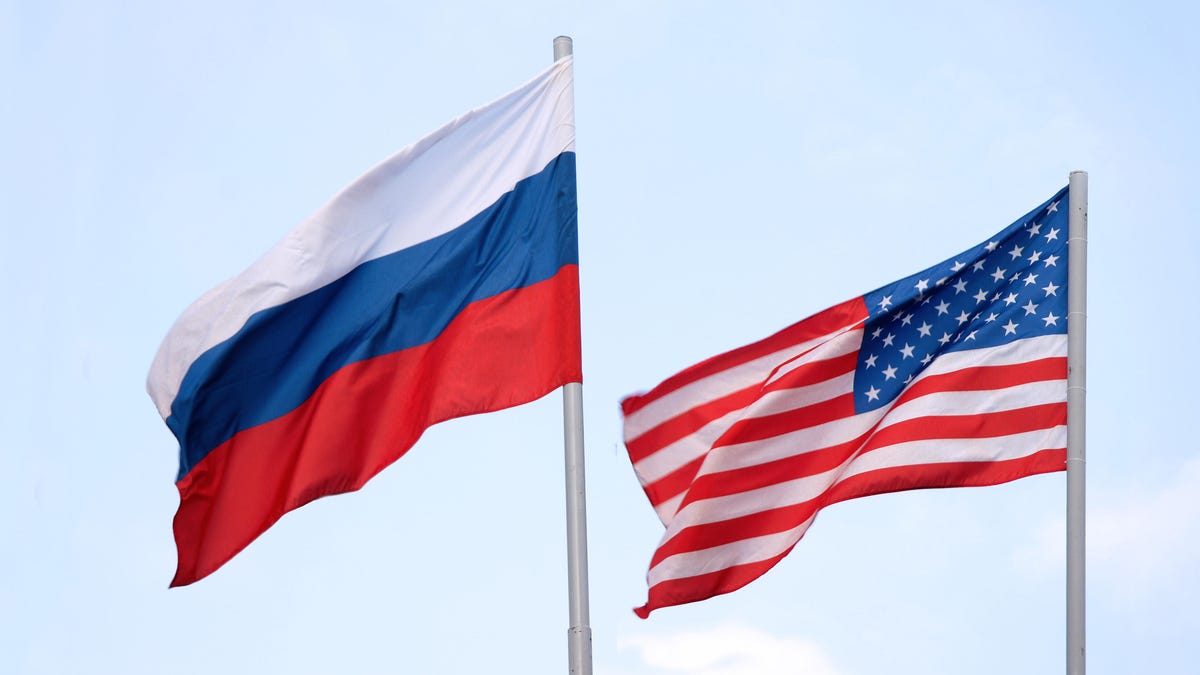US sanctions Russia over SolarWinds hack, election interference
The government formally attributed the SolarWinds hack to Russia's foreign intelligence service.

President Joe Biden ordered sanctions against Russia for actions by its government and intelligence services against US.
President Joe Biden on Thursday signed an executive order imposing a range of retaliatory measures against Russia for alleged election interference and malicious cyberactivity, including the widespread SolarWinds hack.
The new measures sanction 32 entities and individuals for "carrying out Russian government-directed attempts to influence the 2020 US presidential election," and six Russian companies for providing "support to the Russian Intelligence Services' cyber program." The US is also expelling 10 Russian diplomats and putting in place economic restrictions.
Key intelligence agencies had already said Russia was the likely origin of the SolarWinds hack, which used tainted software from IT management company SolarWinds to penetrate multiple US federal agencies and at least 100 private companies. On Thursday, the administration formally named Russia's foreign intelligence service, the SVR, as the perpetrator of the "broad-scope cyber espionage campaign." The National Security Agency, the Cybersecurity and Infrastructure Security Agency and the FBI issued a joint advisory outlining "software vulnerabilities that the SVR uses to gain access to victim devices and networks."
Russian Foreign Intelligence Service (SVR) cyber actors are exploiting five publicly known vulnerabilities to target U.S. and allied critical networks. Review our joint #cybersecurity guidance with @CISAgov and @FBI and apply the mitigations to stop them: https://t.co/rEC8AD7WdK pic.twitter.com/qaIpDyMx7y
— NSA Cyber (@NSACyber) April 15, 2021
The administration said it's also taking steps with allies to bolster cybersecurity and evaluating whether to take further action under the executive order to protect supply chains from exploitation by Russia.
In March, a US intelligence report concluded that Russia spread disinformation about the 2020 election, though there were no persistent attempts by foreign actors to hack voting infrastructure. Russian President Vladimir Putin authorized "influence operations aimed at denigrating President Biden's candidacy" and supporting former President Donald Trump, as well as undermining confidence in the election result, the report said.
The new measures come two days after Biden spoke with Putin, warning that the US would respond to cyberintrusions and election interference but also proposing a summit meeting, according to the White House.

